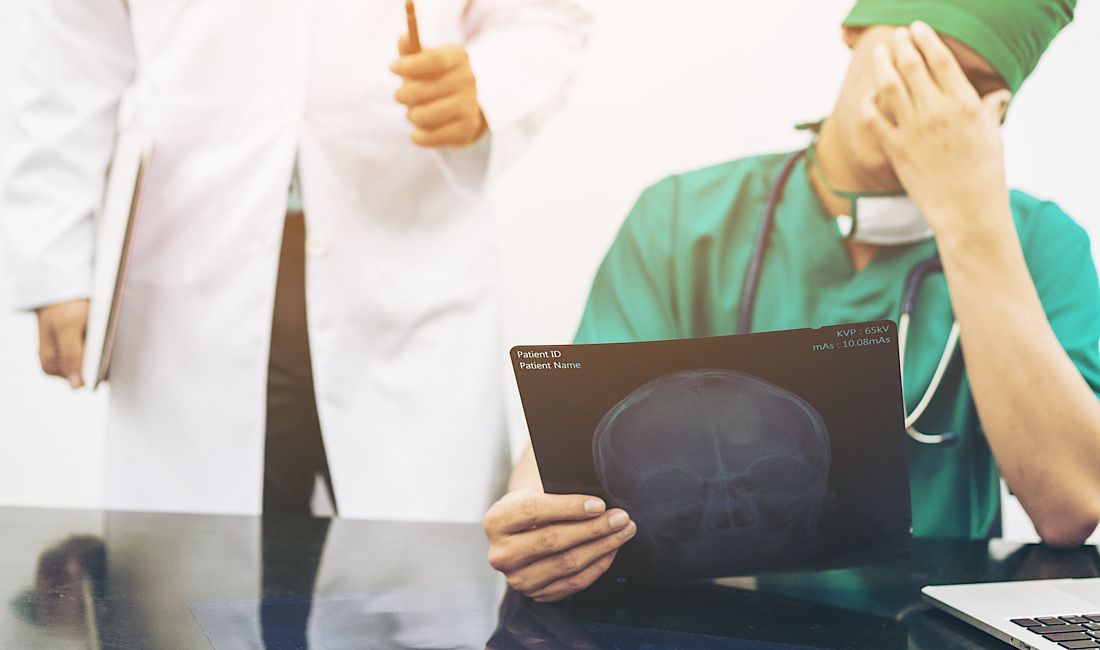Are Medical Malpractice Claims Rising or Falling in Pittsburgh?

Medical malpractice claims are a crucial indicator of patient safety and healthcare accountability. For patients who have suffered due to medical negligence, pursuing legal action can be a complex process that requires an understanding of current legal trends. The landscape of medical malpractice lawsuits in Pittsburgh and throughout Pennsylvania has undergone notable changes in recent years, influenced by legal reforms, evolving healthcare standards, and patient advocacy efforts.
Understanding whether medical malpractice claims are increasing or decreasing provides valuable insight into the state of healthcare in Pittsburgh. Are fewer claims a sign of improved patient care, or do legal and financial barriers prevent victims from seeking justice? Exploring recent trends can shed light on how medical malpractice cases are evolving and what this means for those affected by medical negligence.
The Current State of Medical Malpractice Claims in Pennsylvania
Medical malpractice cases have historically been prevalent in Pennsylvania, with the state consistently ranking among the highest in total payouts for malpractice settlements. However, recent data suggests a shift in malpractice claim trends, raising questions about the factors influencing these changes.
A Decline in the Number of Lawsuits?
In the past decade, Pennsylvania has seen a decrease in the number of medical malpractice lawsuits filed. This trend can be attributed to several factors:
Legal Reforms: The state has introduced measures to limit excessive lawsuits and prevent cases without substantial evidence from proceeding.
Medical Advancements: Increased focus on patient safety protocols and technological improvements in healthcare have helped reduce preventable errors.
Alternative Dispute Resolutions: Many cases are now being settled through mediation and arbitration instead of traditional courtroom litigation.
While fewer malpractice lawsuits may suggest an improvement in patient care, it is essential to consider whether this trend is the result of legal barriers that make filing claims more difficult for victims.
Rising Settlement Amounts and High-Value Cases
Although the overall number of malpractice claims may be decreasing, the value of settlements and jury verdicts has increased. This means that while fewer cases are being filed, the ones that do proceed are often severe, leading to substantial payouts for victims.
Catastrophic Injuries and Wrongful Death Cases: Patients suffering life-altering injuries due to medical negligence are more likely to receive significant settlements.
Delayed Diagnoses and Misdiagnoses: These cases often result in worsened health conditions, making them legally and financially significant.
Surgical Errors and Medication Mistakes: Preventable mistakes leading to permanent disability or death result in higher compensation amounts.
The increase in settlement values highlights the importance of experienced legal representation for those pursuing a medical malpractice claim. Victims of severe medical negligence need knowledgeable attorneys who can navigate complex cases and fight for rightful compensation.
The Impact of COVID-19 on Medical Malpractice Claims
The COVID-19 pandemic had a profound impact on healthcare, influencing the number and nature of medical malpractice lawsuits. During the peak of the pandemic, there was a decline in malpractice claims due to hospitals focusing on emergency care and many elective procedures being postponed. However, post-pandemic trends show a rise in claims related to:
Delayed or Missed Diagnoses: Many patients experienced significant delays in receiving critical diagnoses due to overwhelmed healthcare systems.
Negligence in COVID-19 Treatment: Cases involving improper treatment protocols, medication errors, or ventilator mismanagement have surfaced.
Nursing Home Negligence: The pandemic shed light on negligence in long-term care facilities, leading to a rise in lawsuits related to inadequate patient care.
As healthcare systems return to normal, more patients are coming forward with claims related to medical errors that occurred during and after the pandemic.
What This Means for Patients in Pittsburgh
For patients in Pittsburgh, understanding these trends is essential when considering legal action for medical malpractice. A decline in lawsuits does not necessarily indicate a decrease in medical errors—it may reflect the increasing difficulty of filing claims due to legal restrictions. Furthermore, the rise in settlement amounts emphasizes the importance of securing strong legal representation for complex cases.
Patients who suspect they have experienced medical negligence should take the following steps:
Seek Medical Attention Immediately: Address any ongoing health concerns caused by malpractice to prevent further harm.
Document Everything: Maintain detailed records of medical visits, prescriptions, diagnoses, and communications with healthcare providers.
Consult a Medical Malpractice Attorney: An experienced attorney can assess the case and determine the best legal course of action.
The Importance of Legal Representation in Medical Malpractice Cases
Navigating a medical malpractice case requires thorough investigation, expert testimony, and a strong legal strategy. Given the complexities of Pennsylvania’s malpractice laws, it is essential to work with a law firm that specializes in medical negligence cases.
Frischman & Rizza, based in Pittsburgh, PA, is dedicated to representing victims of medical malpractice. With years of experience handling complex medical negligence claims, the firm fights to secure the compensation that victims deserve. Whether the case involves surgical errors, misdiagnoses, birth injuries, or medication mistakes, the attorneys at Frischman & Rizza are committed to providing aggressive legal advocacy.
If you or a loved one has suffered due to medical negligence, contact Frischman & Rizza at 412-274-0134 for a
free consultation today.





